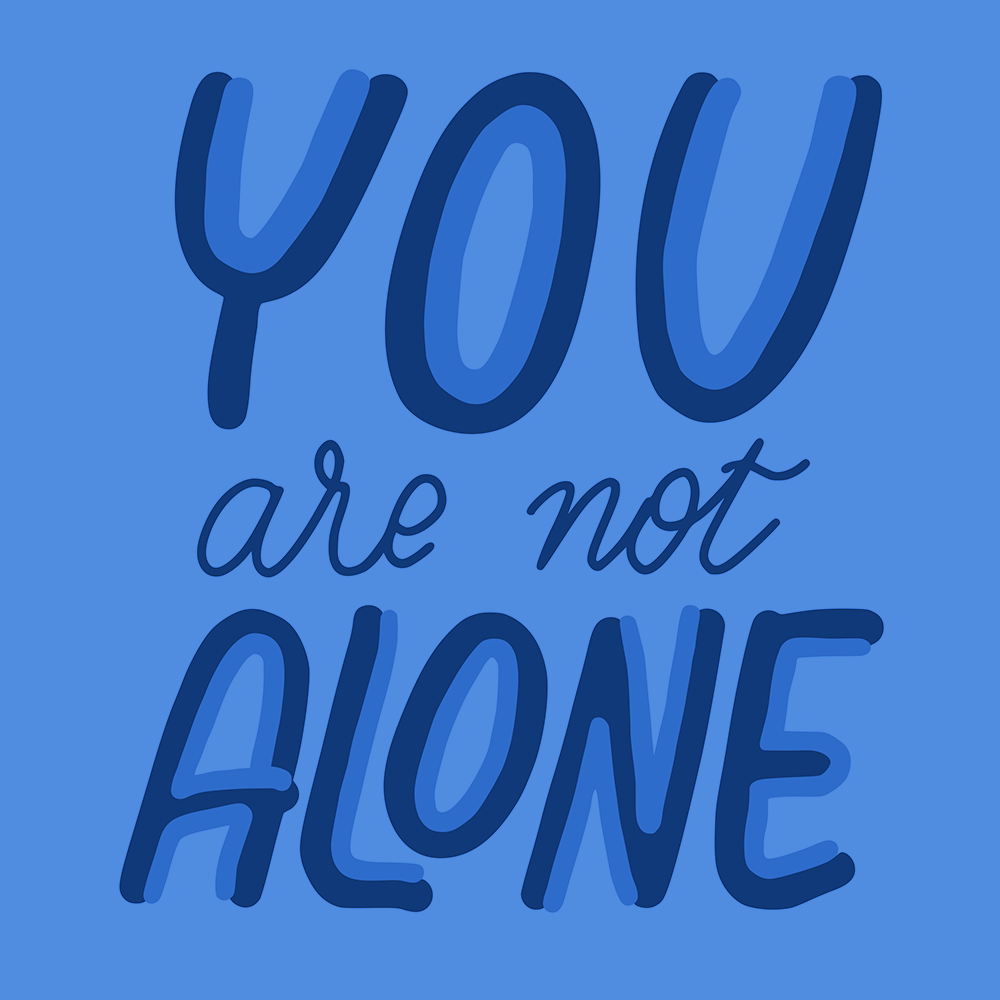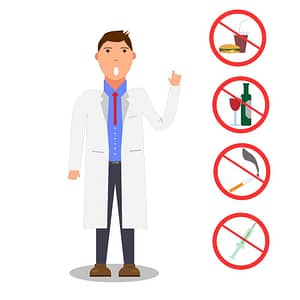It is Loneliness Awareness Week; a fairly new campaign that started back in 2017 to encourage people to view loneliness as a blank canvas on which they can fill their lives with new friends and experiences. Loneliness is characterised by constant and unrelenting feelings of being alone, feeling separated or divided from others, and having the inability to connect with people on a deeper, more emotional level. It is certainly an unpleasant emotion that has resonated with all of us in one way or another during the Covid-19 pandemic, as many of us were forced to self-isolate and work from home. There are also those who live alone, and those who do not have adequate support bubbles.
Loneliness was not only a side-effect of the pandemic; however, it is also commonly experienced by those with hearing loss, and this campaign was launched two years prior in an effect to tackle the general “loneliness epidemic”. It aims to encourage those who feel lonely to talk more openly about it.
What needs to be clarified first is that loneliness is usually only experienced by those with undiagnosed hearing loss. Loneliness is not common in those who have had their hearing loss diagnosed and treated because they have now received the medical attention that enables them to achieve a better quality of life. Hearing aids do wonders for the mental wellbeing of those with hearing loss because they allow the hard of hearing individual to feel included and reintegrated back into social situations, remember things better, focus better, and process information faster than they could before. Instead, it is experienced by those who neglect their hearing loss; those who live in denial, believing that if it is left long enough, it may miraculously return to normal. This is never the case.
Overtime, the struggling individual will become exhausted by their strenuous attempts to interact and communicate with the same ease as those who do not have hearing loss, and will as a result, distance themselves from social circles. They may not even notice that they are doing it at first, but this is why it is so important not to dismiss this emotion.
It is easy to mistake the likes of social isolation and social withdrawal for loneliness, when in fact, they are distinct phenomena. Social isolation occurs when someone does not have a lot of social contacts. It is measurable, and can be calculated by how many social interactions a person has in one day. Social withdrawal, on the other hand, is when a person actively minimises contact with others and this in turn, can lead to loneliness. Unlike social isolation which is quantifiable, loneliness is a feeling. It is the feeling that you are alone.
One study showed that for every decibel dropped in hearing sensitivity, the odds of becoming severely lonely increased by 7% in people under 70. So, the question is how can loneliness be prevented in those with undiagnosed hearing loss? The answer to that is by booking in for a hearing test. If hearing loss has the power to increase loneliness and isolation, it stands to reason that by improving someone’s ability to hear has the ability to alleviate these problems.
Remember that you are not alone. Never be afraid to ask for help.



